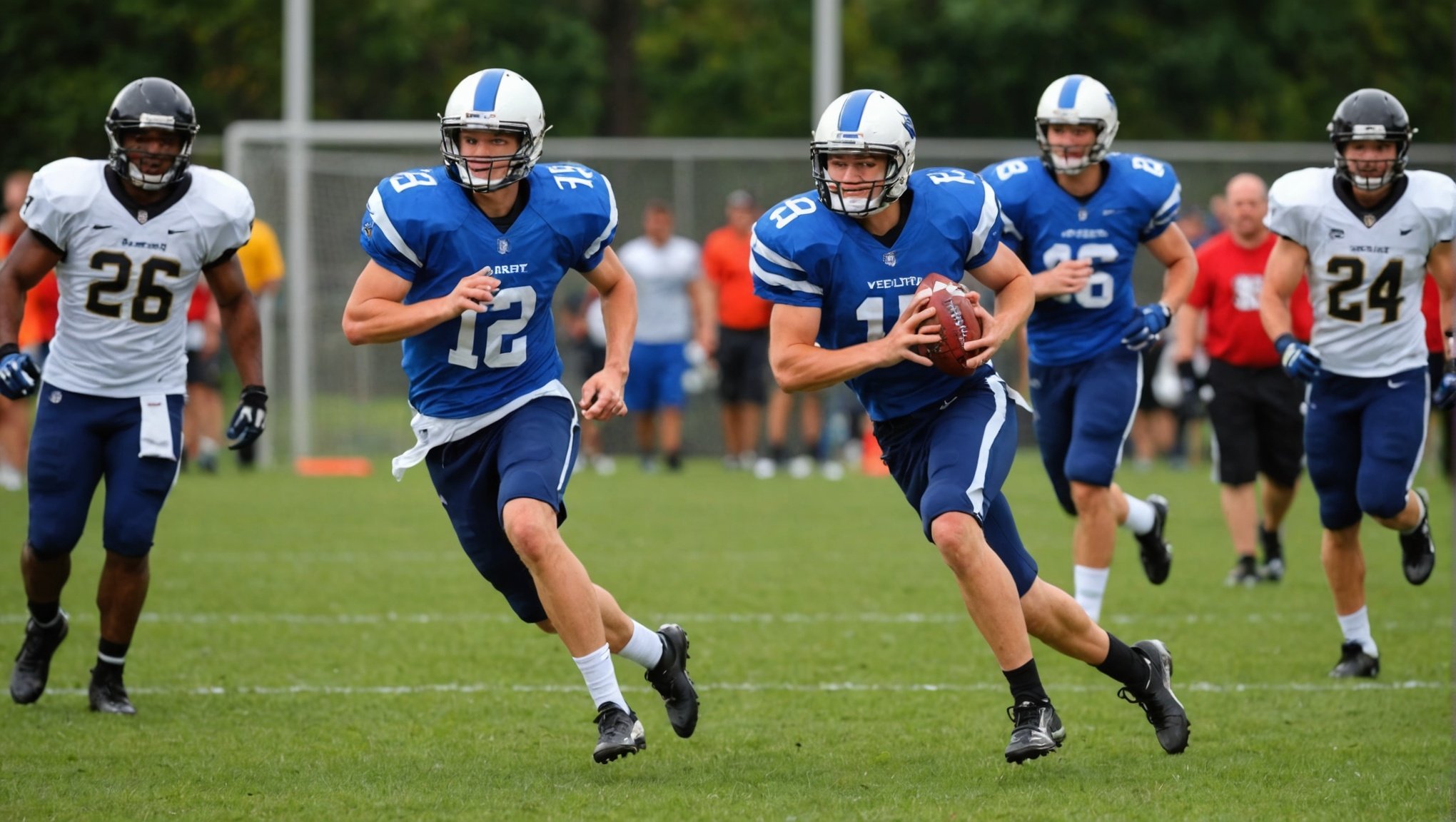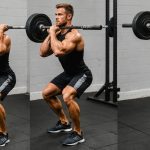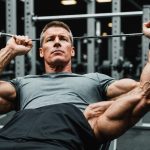Overview of Dietary Supplements for Teen Football Players
Teen athletes, particularly those involved in demanding sports like football, may consider dietary supplements to enhance their performance. It is important to first understand the unique nutritional needs of teenage athletes. This includes meeting the requirements for energy, protein, vitamins, and minerals necessary for rapid growth and strenuous activity levels.
Selecting the right supplements involves careful consideration. Teen football players must prioritise safe and effective supplements that support their health and athletic goals. Supplements should complement a balanced diet, not replace it. Teens should seek professional advice to tailor supplementation to their individual needs while ensuring safety.
In parallel : How Community Service Shapes the Public Image of Football Players
The significance of dietary supplements lies in their potential to fill nutritional gaps and improve performance. For instance, protein supplements may aid muscle recovery post-training, while vitamin D and calcium fortify bone health. However, supplements should be used judiciously, as exceeding recommended doses could pose health risks.
Parents and coaches can play a pivotal role by encouraging a holistic approach, fostering good nutrition habits and only resorting to supplements when necessary. Understanding the benefits and limitations of dietary supplements ensures that teen athletes make informed choices for their football performance.
Topic to read : Expanding the Fan Experience: Innovative Sports Marketing Strategies for Football Clubs to Draw in New Supporters
Top Dietary Supplements for Enhancing Performance
When it comes to fueling teen football players for peak performance, understanding the top supplements is crucial. Teen athletes aiming to maximize their performance enhancement should consider effective dietary options tailored to their needs.
Creatine
Creatine is a powerhouse for boosting explosive power. It assists in high-intensity activities, providing that extra burst needed during sprints or tackling. Teen athletes typically benefit from a daily creatine dosage of about 3 to 5 grams. Consuming it post-workout enhances absorption. As for the safety profile, creatine is generally safe, but it’s crucial to monitor for any potential side effects like gastrointestinal discomfort or cramps.
Protein Powders
For muscle recovery and growth, protein is indispensable. After grueling games or practices, protein powders offer a convenient way to replenish muscles. Suitable options for teens often include whey or plant-based proteins. The daily intake for teen athletes generally aligns with their body mass and activity level, ranging from 46 to 56 grams per day.
Omega-3 Fatty Acids
Omega-3s play a vital role in mitigating inflammation and promoting joint health. Best sourced through fatty fish like salmon, these fats can also be supplemented. Teen athletes might consider 1 to 2 grams per day, which balances diet and supplements effectively.
Evidence of Effectiveness and Safety
Understanding the effectiveness and safety of dietary supplements for teens is crucial as interest in these products continues to grow. Recent studies have shown mixed results, making it important to approach supplement use with caution.
Recent Studies
Research on dietary supplements often highlights varying degrees of effectiveness. While some supplements demonstrate beneficial outcomes in controlled settings, others show minimal or no impact. The effectiveness often depends on the specific supplement being examined and individual physiological factors. Current supplement research underscores the importance of targeted use, with emphasis placed on evidence-based choices.
Expert Opinions
Experts generally agree on maintaining a cautious perspective regarding supplements’ overall safety. Nutritional scientists suggest prioritising natural food sources over supplements, except when medically advised. Concerns about potential adverse effects, particularly from prolonged use without supervision, are frequently discussed among experts.
Natural Foods vs. Supplements
Comparing natural food sources with supplements reveals stark differences. Natural foods provide a wide array of nutrients essential for overall health and are usually safer. Supplements, while convenient, may contain isolated nutrients that could lead to imbalances if not properly managed. Experts believe a balanced diet rich in whole foods often provides a safer and more effective nutritional foundation.
Potential Side Effects of Supplements
When considering dietary supplements, teen athletes must be aware of potential side effects. It’s crucial to monitor any adverse reactions and know when to seek professional advice. Understanding these risks can promote informed usage.
Common Side Effects
Supplements can lead to a variety of common side effects, such as stomach upset, headaches, and dizziness. In more severe cases, they can impact a teen athlete’s heart rate, blood pressure, or liver function. Parents and coaches should carefully track any unusual symptoms that occur. To effectively manage side effects, maintaining open communication with healthcare professionals is vital. Seek immediate medical help if side effects are persistent or severe.
Safe Usage Guidelines
To ensure safe use of dietary supplements, follow some essential guidelines. Always consult a healthcare professional before beginning any new supplement regimen. These experts can offer tailored advice based on a young athlete’s personal health needs and limitations. Recognizing unique health conditions or dietary requirements is crucial. Prioritising safety will empower teen athletes to make healthier choices.
Remind teen athletes of these safety measures regularly. Consistent awareness and adherence to safety guidelines will support their overall health and performance. While supplements can enhance athletic achievement, they are not without their risks.
Dosage Recommendations for Teen Athletes
Understanding the appropriate dosage of supplements for teen athletes is crucial to optimizing their performance and well-being. Dosage recommendations often rely on factors such as body weight and age. For instance, a foundational guideline suggests that lighter athletes might require lower doses compared to their heavier counterparts. This ensures that each individual receives just enough to be effective without going overboard.
However, these are just starting points. The importance of tailoring dosages to individual needs cannot be overstated. Variables such as the athlete’s specific sport, the intensity and frequency of their activities, and their body’s unique response to supplements are all vital considerations. Personalization ensures that supplements provide maximum benefit without any adverse effects.
A key piece of advice is to consider cycling supplements. Rather than consistent, prolonged usage, strategic cycling helps prevent the body from becoming too accustomed to the supplement, thus maintaining their effectiveness. This routine can involve taking the supplement for a set period, followed by a break, allowing the body to reset its response.
Implementing correct supplementation guidelines not only aids in improved athletic performance but also supports the overall health and development of teenage athletes.
Expert Opinions and Testimonials
Understanding the efficacy of supplements requires insights from experts and athletes alike. Nutritionists and athletes share their experiences to provide a well-rounded perspective on supplement use.
Perspectives from Nutritionists
Sports nutritionists emphasise the importance of a balanced approach. They assert that supplements should enhance, not replace, a well-balanced diet. The efficacy of supplements largely depends on individual needs and goals. A common misconception is that more supplements mean better results, when in reality, the key lies in moderation and purpose-driven use. Diet should always be the foundation; supplements can help fill gaps or provide support during intense training periods.
Athlete Testimonials
Teen athletes have shared their own testimonials, shedding light on the real-world impact of supplements on their performance and recovery. Many athletes report increased energy levels and faster recovery times, allowing them to train more efficiently. These personal success stories highlight the critical role that smart, targeted supplementation can play in athletic development. However, athletes also stress that finding the right combination and dosage for individual needs is essential. Listening to these experiences can guide young athletes in making informed decisions, balancing expert recommendations with personal insights to achieve optimal results.











